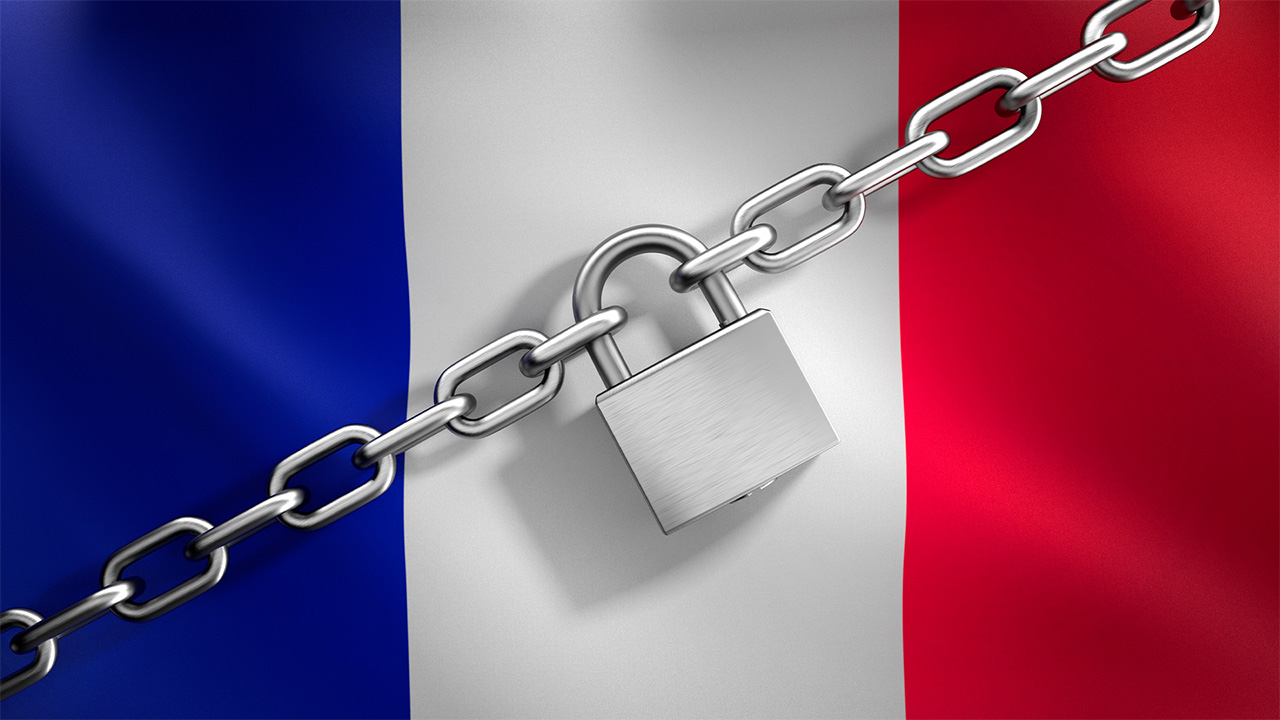Leading VPNs could leave France due to blocking threats
Rightsholders have taken legal action

Rightsholders in France have taken legal action against some of the best VPN providers, aiming to compel them to support their pirate-blocking program.
However, the move is seen as dangerous by VPN companies and could threaten the online privacy and security of French citizens. In response to demands, pulling services out of France has not been discounted.
Similar blocks have been attempted and imposed in Russia, India, and Pakistan. But will we see a different response to threats from Europe?
VPNs targeted
VPN providers have distanced themselves from piracy, but have been summoned to appear in the French courts on December 10, 2025, as part of anti-piracy efforts.
Despite not facilitating piracy, the courts could order VPNs to block certain websites and as a result, VPN providers face a potentially difficult decision.
Speaking to TorrentFreak, i2Coalition Executive Director, Christian Dawson, said the coalition doesn't speak for individual VPN providers directly, but action could be taken.
"France's potential move to force VPN providers to block content could put companies in a similar position – where they either comply with measures that contradict their purpose or leave the market altogether."
He cited developments that occurred in India which led to VPNs withdrawing from the country.
In 2022, India ordered VPN companies to collect and store the data of its users. This goes against the no-logging policies of many leading VPN providers and led to companies including NordVPN, ExpressVPN, Private Internet Access, and IPVanish leaving the country.

The VPN Trust Initiative (VTI), part of the i2Coalition (Internet Infrastructure Coalition) and includes NordVPN, ExpressVPN, and Surfshark, has opposed requests from French authorities to block access to potentially infringing websites.
The VTI said blocking could have consequences for the privacy and security of French internet users, and the move misplaces the blame for piracy.
"VPNs are not facilitators of piracy," the VTI said in a statement on February 7, and "targeting VPN services for activities they do not enable or promote is a misguided and disproportionate approach."
It went on to say that a block "risks setting a dangerous precedent for global internet freedom." The group added that blocks "fundamentally threaten the free and open nature of the Internet and are a weapon for censorship regimes."
France's fight against piracy
French authorities have been attempting to combat online piracy for years, and see pirate site blocking as an effective way of clamping down on the issue.
Blocking attempts first focused on internet service providers (ISP), although these were not widely successful. VPNs can be used to bypass ISP blocks as they allow you to mask your IP address and appear as though you are connecting to the internet from a different country.
DNS resolvers are also capable of navigating ISP blocks and have been targeted in legal cases over the years.
At the beginning of February, French broadcaster Canal+ launched a sweeping attack on VPNs, alongside France's football governing body, the Ligue de Football Professionnel (LFP).
The attack accused VPNs of facilitating piracy by allowing workarounds to access sport streaming sites. Canal+ has listed a number of VPNs in legal documents and cited Article 333-10 of the French Sports Code. The code allows rightsholders to demand "all proportionate measures" against those that are "likely to contribute to remedying" copyright infringement.
Disclaimer
We test and review VPN services in the context of legal recreational uses. For example: 1. Accessing a service from another country (subject to the terms and conditions of that service). 2. Protecting your online security and strengthening your online privacy when abroad. We do not support or condone the illegal or malicious use of VPN services. Consuming pirated content that is paid-for is neither endorsed nor approved by Future Publishing.

George is a Staff Writer at Tom's Guide, covering VPN, privacy, and cybersecurity news. He is especially interested in digital rights and censorship, and its interplay with politics. Outside of work, George is passionate about music, Star Wars, and Karate.
You must confirm your public display name before commenting
Please logout and then login again, you will then be prompted to enter your display name.
